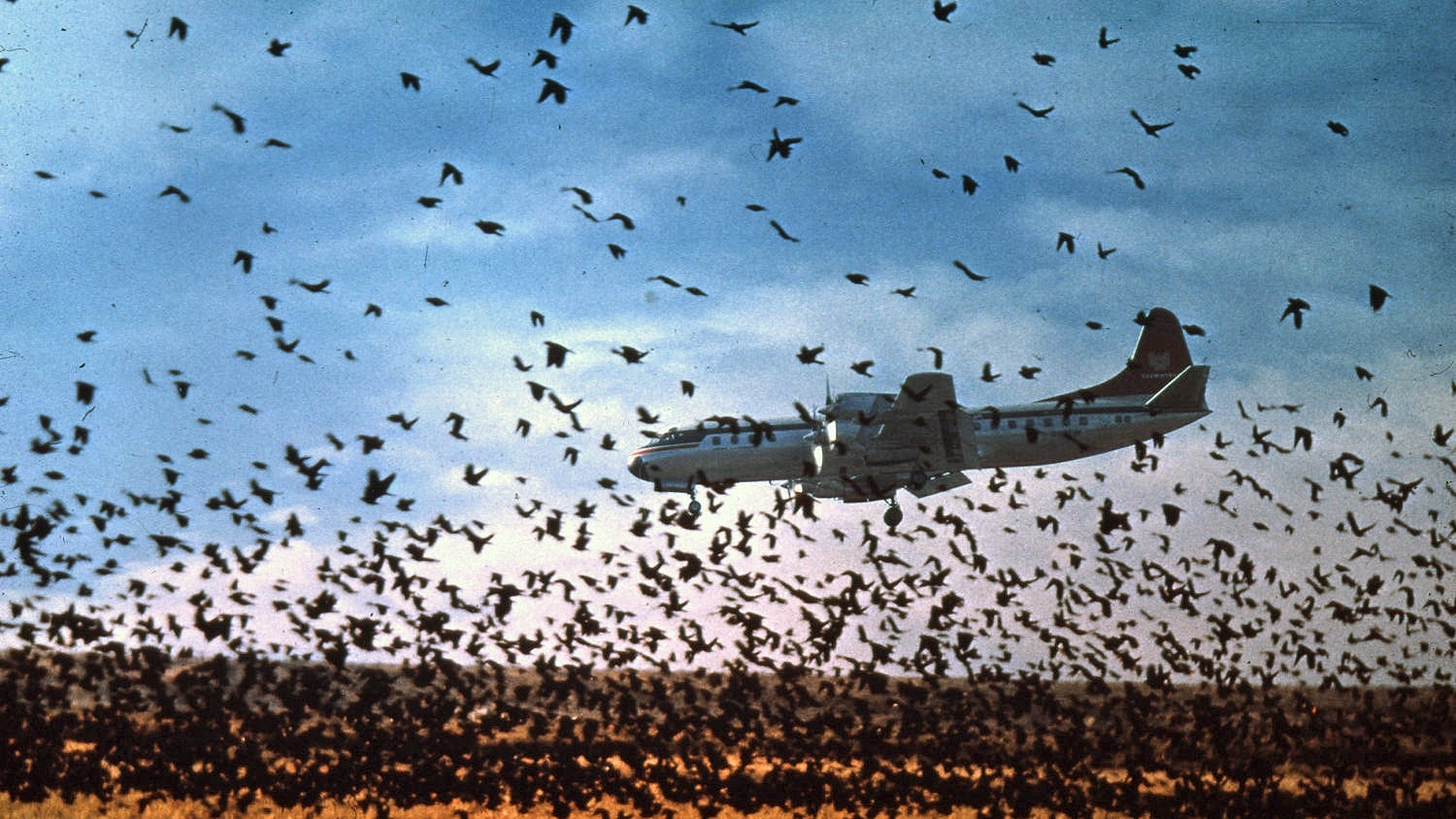NWRC Research Scientists: Dr. Brian E. Washburn
Dr. Brian E. Washburn is a Research Biologist with USDA APHIS Wildlife Services, National Wildlife Research Center (NWRC) Sandusky, OH, Field Station. Prior to joining NWRC in 2003, Dr. Washburn was a Postdoctoral Fellow at the University of Missouri (MU) where he developed the Wildlife Physiology Laboratory and conducted research studies involving stress and reproductive physiology of numerous wildlife taxa.
In his current position at NWRC, Dr. Washburn works extensively with colleagues and partners from Wildlife Services research and operations, the U.S. Department of Defense, Universities, civilian airports, state wildlife agencies, nongovernment organizations, and private industry. His research involves basic and applied wildlife ecology studies that provide a better understanding of wildlife movement patterns (e.g., migration ecology), foraging ecology, habitat management, land-use practices, and ecology of wildlife within urban ecosystems. Findings from his research are used to reduce wildlife hazards within and near airport environments. In addition to his appointment with NWRC, Dr. Washburn is an adjunct professor at the University of Missouri, Michigan State University, and North Carolina State University.
Research Project
The goals of this project are to understand and quantify animal sensory ecology and antipredator behaviors to reduce animal-vehicle and structure collisions, the role of sUAS relative to wildlife monitoring and hazing, and airspace and land cover use on and near airports by birds recognized as hazardous to aviation safety.
Current Research
- Studying the movement and foraging ecology of wildlife species (e.g., raptors, geese, gulls) that pose a hazard to safe aircraft operations
- Understanding how wildlife species inhabiting highly urbanized environments use those landscapes and interact with human infrastructure and transportation systems
- Understanding animal behavioral responses to mitigation translocation and other non-lethal management practices
- Ensuring live-capture methods used with migratory birds are effective, humane, and supported by science
- Evaluating novel non-lethal approaches to reduce human-wildlife conflicts associated with large native Hawaiian birds of substantial cultural importance
- Exploring the role that habitat management tools and programs (e.g., insecticide use, prescribed fire, vegetation management) might have in reducing use of airports by wildlife hazardous to aviation
- Understanding the role that robotics and ground-based uncrewed vehicles might have in altering animal behavior and managing human-wildlife conflicts
International Experience
- South Africa (African elephant stress physiology)
Publications
View Dr. Brian E. Washburn's publications.
Education
- Ph.D., Animal Sciences, Ecological relationships among tall fescue, native warm-season grasses, and Eastern cottontail rabbits, University of Kentucky
- M.S., Wildlife and Fisheries Science, Establishment of native hardwoods on reclaimed mined lands in the bituminous coal region of Pennsylvania, Pennsylvania State University
- B.S., Environmental and Forest Biology, State University of New York College of Environmental Science and Forestry
- A.A.S., Biological Technology, State University of New York College of Agriculture and Technology at Cobleskill
Contact
Brian Washburn
Research Biologist
Ohio Field Station
6100 Columbus Avenue
Sandusky, Ohio 44870


